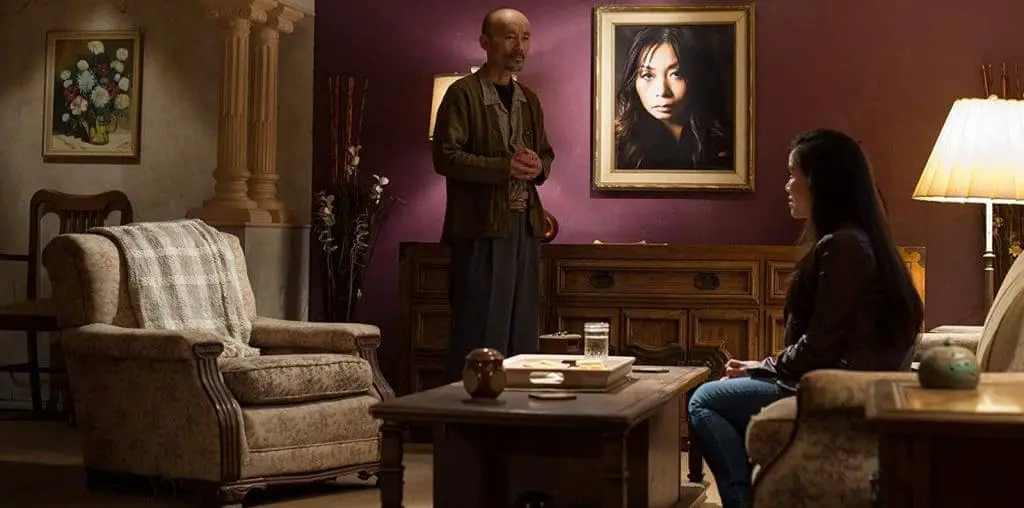
Although Hispanics account for the fastest growing minority demographic in the United States, the portrayal of this community in films and on television has traditionally been problematic. This documentary by Miguel Picker and Chyng Sun offers a historic overview of the unflattering stereotypes offered by Hollywood during the past century.
Mexicans, in particularly, have been on the receiving end of atrocious representation – Mexican men are almost always seen as slovenly and vicious bandits (Wallace Beery in Viva Villa is shown as a nadir of stereotyping), while women are oversexed spitfires. During the past few decades, Hollywood entertainment inevitably portrays Latin American immigrants as either violent drug gangsters or passive domestic help. Even animated cartoons perpetuated stereotypes, most notably via the Speedy Gonzales shorts or the once-popular commercials featuring the Frito Bandito.
Some positive changes have been seen during the past decade, most notably on television with Dora the Explorer, George Lopez’ sitcom and Ugly Betty, but the film insists that television’s highest profile Hispanic star, Sofia Vergara of Modern Family, is still playing an overripe stereotype.
However, the film’s research is occasionally off-target. It insists that Hollywood history never showed Mexican men as heroes, but that doesn’t explain the popularity of the films and television programs based on the Zorro and Cisco Kid characters. And while mostly the exception to the rule, well-regarded Hollywood films like Juarez, Border Incident, Giant and And Now Miguel portrayed sympathetic views of Hispanic culture, while Orson Welles’ Touch of Evil offered a Mexican law enforcement agent as a hero fighting Anglo corruption in a border town.
Still, the film provides a disturbing portrayal of intolerance in the guise of entertainment.
